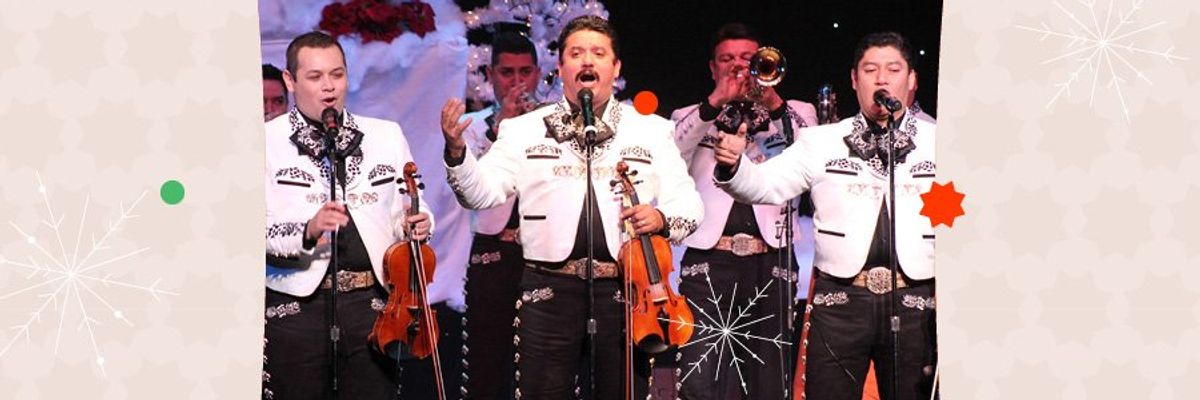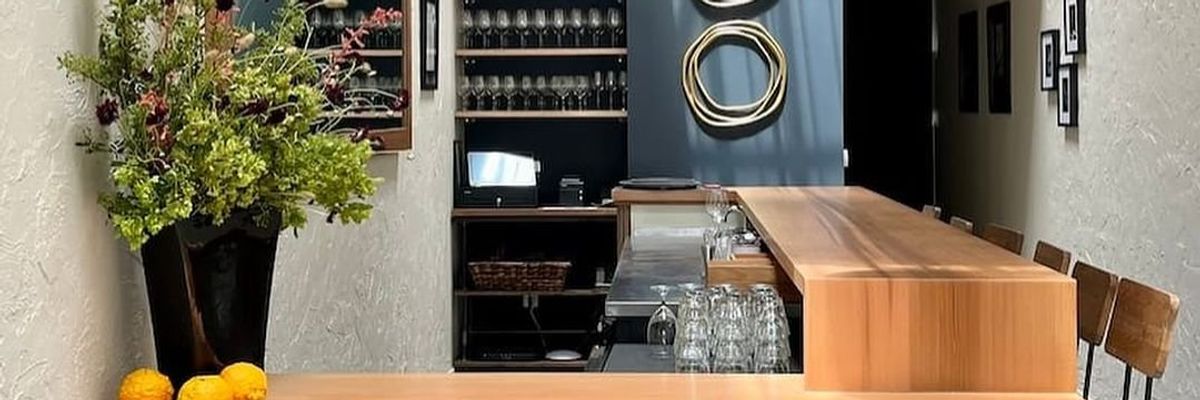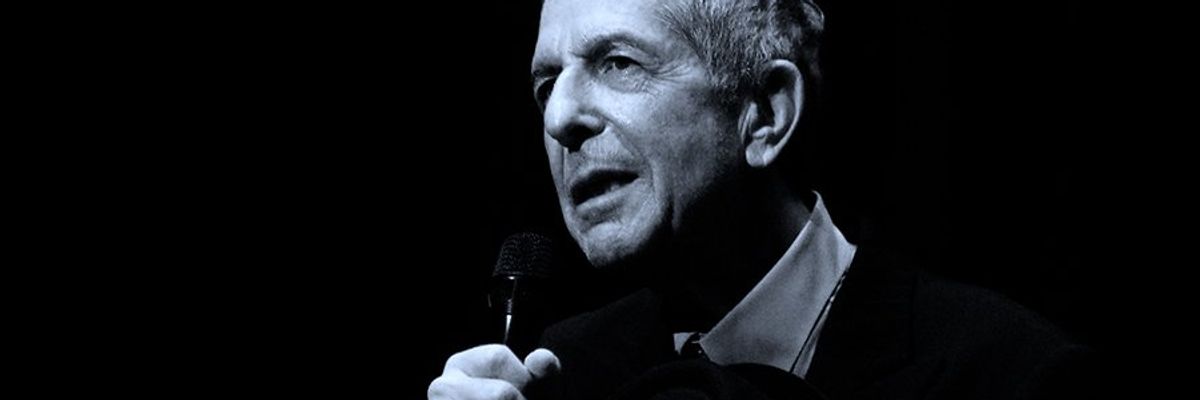Joan Rivers, at 77, remains one of the hardest-working comedians in the business. She performs more than 200 stand-up gigs each year. Last year, she starred in the second season of NBC’s The Celebrity Apprentice – and to no one’s surprise was the winner. She sells jewelry on cable TV. And she is front and center in Ricki Stern and Anne Sundberg’s fascinating new documentary Joan Rivers: A Piece of Work.
After exploring the genocide in Darfur with The Devil Came on Horseback (2007) and contemplating what they perceived as our national flirtation with fascism in The End of America (2008), the filmmakers can't be blamed for needing a little comic relief.
They found it in Rivers. “Annie and I were interested in doing something on female comedians,” says Stern, who knew Rivers indirectly through her mother but had never seen her perform prior to researching A Piece of Work. “Joan is groundbreaking, someone who paved the way for women in a profession largely dominated by men, and she has sacrificed so much of her life to be a performer.”
“What she’s really done is find ways to bring her humor into the different zeitgeist that is now,” adds Sundberg, who has been working with Stern since 1993. “She has this incredible connection with the gay community, and part of it is because she puts the truth right out there. She’s very self-deprecating, and she opens up about her own life. Her humor is both personal and universal. She finds ways to stay relevant.”
Stern and Sundberg admit they found it difficult to keep up with Rivers, whose hectic schedule reflects an almost compulsive need for work. A typical day might include a breakfast lecture in New York, local interviews, a book signing, several hours of travel, another book signing in Philadelphia, and, of course, an end-of-the-evening gig. The filmmakers were awed by her stamina, but less than surprised by her work ethic.
“She’s obsessive,” says Sundberg. “She is such a workaholic that she feels purposeless without that crazy schedule. It makes her feel wanted, needed and vital. Without that, what would she do – paint and garden? Her life is a professional day, booked from 7 a.m. to midnight.”
“And she takes great pride in that work,” adds Stern, who argues that the comedian’s reputation as a diva conceals both her generosity and her down-to-earth nature. “She says nobody would want to buy one of her paintings, but she is enormously proud of them. And she loves to make people laugh.”
Rivers says she agreed to spend a year of her life with Stern and Sundberg because they assured her the resulting documentary would not be a puff piece (“I hate those Biography Channel movies where all your friends say nice things about you!”), and because of her relationship with Stern’s mother, whom she calls “the funniest white woman in America, besides me.” She also suspected, she says half-jokingly, that the filmmakers were expecting to capture her last year on earth.
“They did Darfur, then they did that movie about the man who was going to be electrocuted on death row,” she says, referring to the award-winning 2006 documentary, The Trials of Darryl Hunt. “Everything they do is about death. I seemed to fit right in.”
She fooled them by surviving the 14-month shoot – Rivers never found Stern and Sundberg or their omnipresent cameras intrusive – and if they missed anything, she says, it’s because they went home, not because she closed the door.
“I was somewhere in Australia, and I found out the promoter was lying to me,” Rivers says. “I told the audience to go home. I would not go on stage. The promoter was claiming the venue held a thousand seats, and that’s what I was paid for. But the venue had 1,900 seats. I told the audience that the promoter was garbage, and I love nothing more than to scream, ‘Get your money back!’ It killed me that Ricki and Annie weren’t there, but they caught most of the important stuff.”
Despite her reputation as a trailblazer, both for her candid, caustic comedy and for inspiring next-generation performers like Kathy Griffin and Lisa Lampanelli, Rivers bristles at the notion that she’s worked to stay relevant.
“Relevant? I guess that means, ‘Oh, she did a Tiger Woods joke.’ Of course I’m relevant. If I’m funny, then I’m relevant. I talk about what’s going on. But I don’t work to reinvent myself. I’m not doing the routines I did on Johnny Carson. Most of my audience wasn’t even alive when Johnny was on the air.”
And she has no patience with the notion she’s in a male-dominated business, perhaps because she has always refused to be dominated. But she knows she’s outnumbered. “Think about who the women stand-ups are,” she says. “For the most part, they’re lesbians. Lesbians and straight men are comics. You’ve got Kathy, Sarah Silverman and me [on the straight side], but you also have Paula Poundstone, Rosie O’Donnell and Ellen DeGeneres. It takes a male mentality, a gladiator’s mindset."
It may be a subtle distinction, but ultimately, she believes, gender isn’t the issue. “It’s whoever’s funny. If my dog had six great minutes, he’d be a headliner. It’s a male profession, not male-dominated. That’s a great excuse for not-funny women. But if you’re a woman and you’re funny, you’re going to get through, so shut up.”




















